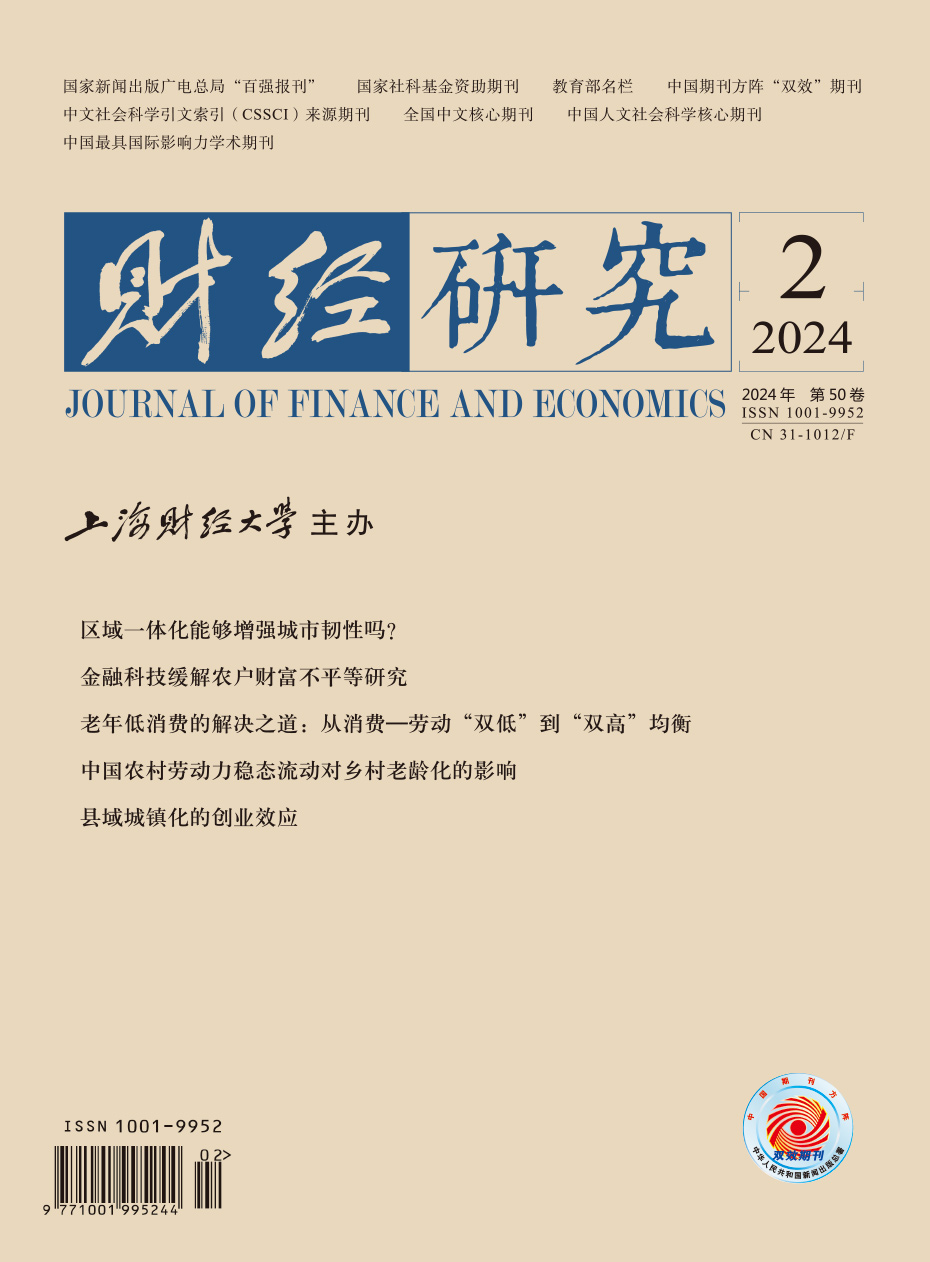Division of labor is an essential foundation for the generation and growth of enterprises and a fundamental source of economic growth for a country. It is also an important means to improve supply quality and efficiency under the new situation. Therefore, a thorough investigation of the internal mechanism of division of labor in the domestic market is crucial for enhancing the endogenous driving force of the domestic circulation.
This paper employs the policy of “Creating Social Credit System Demonstration Cities” as a proxy variable for the social credit environment, and uses the DID method to empirically examine the impact of social credit environment improvement on division of labor. The study finds that the improvement of the social credit environment significantly promotes division of labor, mainly by reducing the external transaction costs that enterprises face. Heterogeneity analysis shows that when internal control costs are high, the promoting effect of the improved social credit environment on division of labor weakens; meanwhile, in non-state-owned enterprises, manufacturing industries, and areas with better rule of law, the division of labor effect of the improved social credit environment is more apparent. Further analysis indicates that the promoting effect of the improved social credit environment on division of labor boosts the growth of total factor productivity.
For enterprises, integration and specialization represent the two ends of corporate boundaries. Therefore, the examination of division of labor is, in essence, an exploration of the impact on the adjustment of corporate boundaries. Different from previous studies that primarily focus on formal institutions, this paper further extends its perspective to social credit, which embodies the characteristics of informal institutions. Social credit is based on the moral principles of honesty and trust, and these informal institutional norms may subtly affect the adjustment of corporate boundaries. However, existing literature studying the relationship between informal institutions and corporate boundaries is fragmented. This paper attempts to connect these two aspects, thereby expanding the literature system that explores the factors affecting corporate boundary changes.
This paper holds significant practical implications and policy insights. Currently, in the context of sluggish global demand and escalating international uncertainty, the international circulation is hindered. In contrast, a smooth and efficient domestic circulation becomes the crucial foundation for safeguarding the stable and rapid development of the national economy. The construction of a social credit system can improve the external environment for business operations, strengthen the crucial function of the market in resource allocation, and further enhance the production efficiency of enterprises. This not only provides a significant path for enhancing the endogenous dynamics of the domestic circulation, but also facilitates the promotion of high-quality economic development.





 5630
5630  8000
8000

